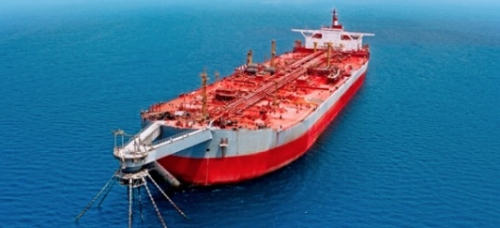Averting an environmental disaster
TDT | Manama
Supreme Council for Environment (SCE) CEO Dr. Mohammed Mubarak bin Dainah affirmed yesterday Bahrain’s support for Saudi and Yemeni efforts to avoid an environmental disaster in the Red Sea region. This came during the extraordinary meeting of the Council of Arab Ministers Responsible for Environmental Affairs, which was held virtually regarding the FSO Safer vessel anchored off the coast of the Hodeidah governorate in western Yemen.
Dr bin Dainah supported the decision of member states and the presidency to refer the issue to the Arab foreign ministers, to take the appropriate decision to prevent the risks the vessel may cause on the environmental, social, and humanitarian levels if any accident happens.
Recent reports said that the oil tanker contains a large amount of crude oil, estimated at 1.14 million barrels valued at up to $80 million, and the ship has become a great threat to life on the Yemeni coasts, neighboring countries, and maritime traffic in the region.
Possible scenarios indicate that in the event of an explosion or oil spillage from the ship, the situation will be four times worse than the Exxon Valdez an oil spill that occurred in Alaska in 1989, from which the region has not recovered despite the passage of over 30 years. This matter threatens environmental and natural life in the region, thus threatening fish stocks.
The meeting discussed that a potential spill will result in major pollution of rain, groundwater, and agricultural products, and it will cause frightening environmental, health and economic disasters. Significantly deteriorating The FSO Safer fell into the hands of Houthi forces in March 2015, during the early days of the Yemeni Civil War, when the coastline surrounding her mooring was taken over.
The ship’s structural condition has deteriorated significantly since, leading to the risk of a catastrophic hull breach or the explosion of oil vapors. Following a leak in the cooling system, water entered the machine room, prompting the UN Security Council to hold a special meeting in July of this year to discuss the situation.
Related Posts

